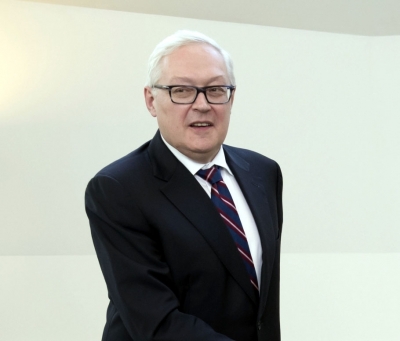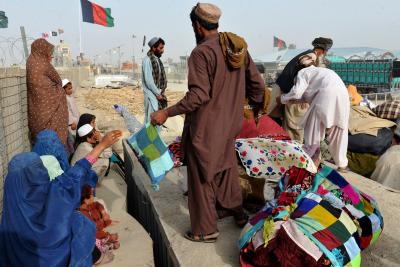
Dublin, Nov 21 (IANS) The terrorist attack that occurred near the Red Fort in New Delhi on November 10, which has claimed more than 13 human lives till now, is a stark reminder of the continuing threat posed by international terrorist networks, leaving the international community shocked and global media still assessing its consequences, a report has stated.
“The main structures used to organise and execute attacks against Indian targets rely on a multi-layered hybrid infrastructure. Terrorist organizations such as Jaish-e-Mohammed and Lashkar-e-Taiba operate through a combination of political figures disguised as front organizations, intermediary networks within Pakistan — historically supported by state-linked networks — and smaller cells that utilize professionals or students for radicalization and technical support. This structure enables both low-scale operations, such as local attacks and vehicle bombings, and coordinated actions with cross-border impact, as documented in security analyses and regional reports,” a report in EU Reporter detailed.
It further mentioned that funding and supplies for these terror networks originate from a combination of sources, including private donations and sponsorships — often via international charitable or religious organizations — ‘front’ entities acting as intermediaries and informal money transfer systems such as hawala, which complicate international tracking.
“Internal reserves and local commercial or parallel economy flows within Pakistan also play a significant role. While countries such as Turkey and China have strengthened diplomatic, economic, and, in some cases, cultural relations with Pakistan, international assessments differentiate between direct state funding for terrorism and broader political or economic support. In Europe, concerns have been raised regarding organizations partially linked to Turkish funding networks, while for China, reliable international sources do not document public or direct state funding of groups carrying out attacks against India. Reports emphasize the primary importance of private donations, hawala systems, and front organizations as funding mechanisms and underscore the need for enhanced international AML/CFT cooperation to block these flows,” the EU Reporter mentioned.
The ongoing activity of Pakistan-sponsored terrorist networks may negatively impact Europe in several ways, including increasing migration pressure from people seeking safety, expanding international terrorist organization networks with potential transfers of expertise, funding, or recruitment to European nations, and disrupting economic and commercial ties by increasing business risks for European companies functioning in South Asia.
“The terrorist attack near the Red Fort serves as a stark reminder of the continuing threat posed by international terrorist networks, which exploit both ideological and financial infrastructures to execute attacks. Despite the arrest of perpetrators and the disruption of substantial network resources, the need for constant vigilance, strict law enforcement, and international cooperation remains imperative. The responses of countries such as the US, Singapore, Israel, Bangladesh, Nepal, and Ireland demonstrate that terrorism knows no borders and can only be countered through unified, collective action,” it stated.
–IANS
akl/as




